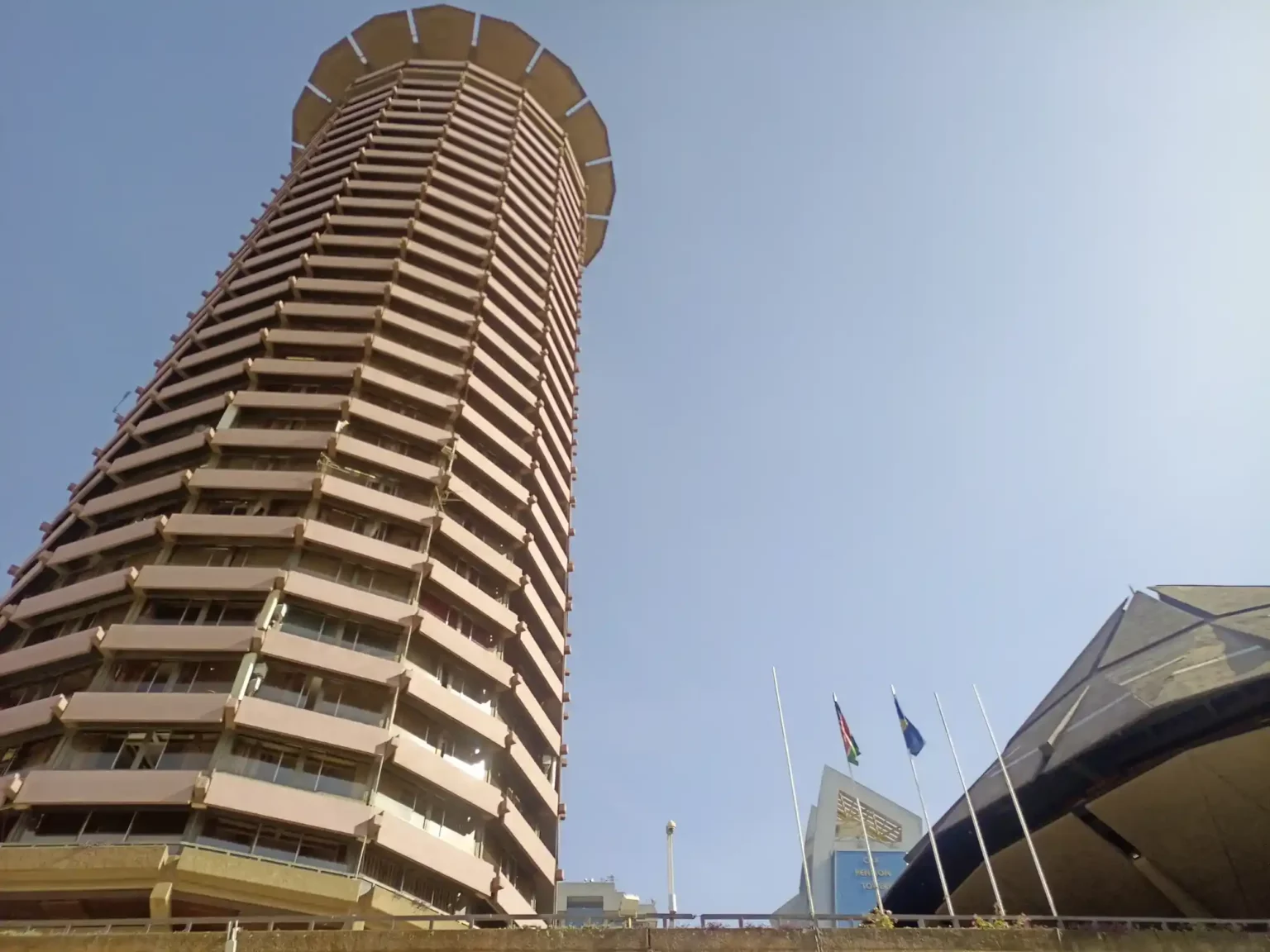The Kenyan government announced on Monday that it plans to sell 11 state-owned enterprises through a privatisation program.
The enterprises are:
- Kenya Literature Bureau (KLB)
- Kenyatta International Convention Centre (KICC)
- National Oil Corporation (NOC)
- Kenya Seed Company Limited
- Mwea Rice Mills and Western Kenya Rice Mills Limited
- Kenya Pipeline Company
- New Kenya Cooperative Creameries
- Kenya Vehicle Manufacturers Limited
- Rivatex East Africa Limited
- Numerical Machining Complex
The decision to sell these enterprises was made during a cabinet meeting chaired by President William Ruto at State House on Monday, November 27, 2023.
The latest announcement follows the government’s stance to sell 35 state-owned enterprises either directly or through the Nairobi Securities Exchange.
President William Ruto disclosed at the African Securities Exchange Association (ASEA) conference held in Nairobi that the move will boost the capital markets and revitalize the struggling entities.
However, he did not reveal the timeline of the enterprises to be sold, but he said that the government has another 100 that are under review by financial advisors.
He added that the new privatization law that he signed in October will reduce bureaucracy and adopt international best practices in the sale of enterprises.
“The new law heralds a shift in executing privatization by infusing international best practices, cuts down bureaucracy which almost made privatization grind to a halt,” President Ruto said.
The Privatisation Bill 2023 replaced the Privatisation Act which was passed in 2005.
Privatisation law introduces changes to the sale of state-owned enterprises
The government of Kenya has enacted a new legislation that aims to streamline and expedite the process of privatising public entities. The Privatisation Act, of 2021, which repeals the Privatisation Act, of 2005, introduces the following key changes:
- The Privatisation Commission, the existing regulator, is renamed to the Privatisation Authority and is tasked with advising, facilitating, implementing, and monitoring the privatisation of public entities.
- The privatisation programme, which lists the public entities to be sold, is to be formulated by the Cabinet Secretary to the National Treasury, and approved by the Cabinet and the National Assembly within a specified timeframe.
- The National Assembly is required to make a decision on the privatisation programme within sixty days, or else the programme is deemed to have been ratified. This is expected to reduce the delays associated with the parliamentary approval process.
- The privatisation programme is to be published in the Kenya Gazette and is valid for five years, with a possible extension of twelve months. The programme is to be audited and reported on annually, and the Cabinet Secretary to the National Treasury is required to table an annual report on privatisation to Parliament.
Kenya’s Finance Minister, on how the 2023 Privatization Act can help trim future fiscal deficits. The law offers “diverse solutions”.
Prof. Ndungu: “Privatization does not mean you kill the ones [i.e. SOEs] which are making losses.” pic.twitter.com/3s4GhG9V9J
— Ramah Nyang (@Ramah_Nyang) November 29, 2023




